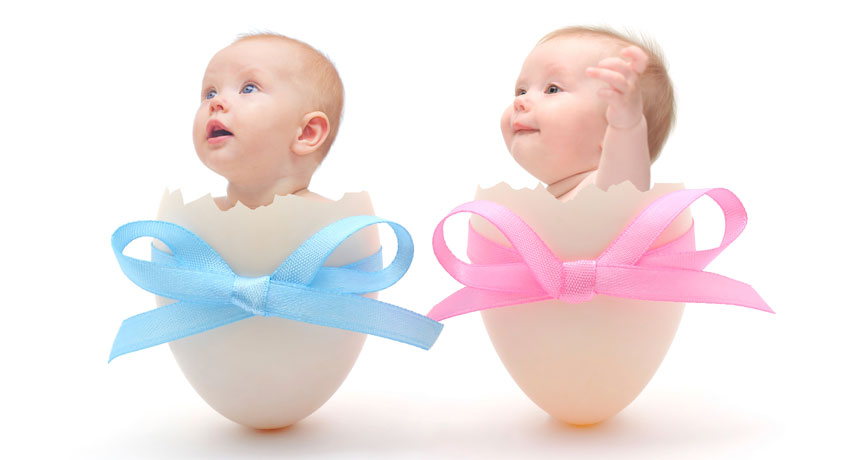Questions for ‘Gender: When the body and brain disagree’

At birth, doctors (and parents) assign a child’s gender, based on what the baby's body parts look like. But sometimes those body parts may not match up with what the brain "knows" to be that child's true gender.
© TSEKHMISTER / ISTOCKPHOTO